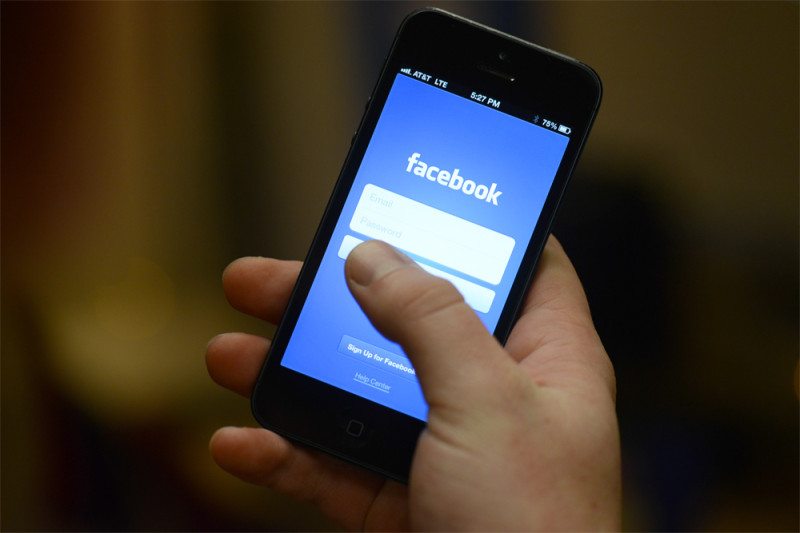Facebook Is Betting on Africa as the next Market with 100 Million Users
Bohs Hansen / 10 years ago

Facebook has been betting on the African market for some time with their accessibility initiative Internet.org that we already reported on, and this strategy could now start to pay off for real. Facebook has announced that it now has 100 million active users on the the African continent and 80% of those use their mobile devices to connect to it. Overall, the 100 million users make up about half of Africa’s internet connections. As comparison about 70% of western countries internet connections are used to connect to fFacebook
While many PC users have ad-blocking software and plugins running, this isn’t really a thing on the mobile devices yet. This is opening up a huge new market for Facebook and their advertisers. Not only that, but it also give the local startup’s a way to get in touch with potential customers to even stay in business. Overall a win-win situation for everyone.
Facebook’s global mobile advertising revenue jumped more than 150 percent in the second quarter, accounting for about 62 percent of overall ad revenue by now. So it’s no surprise why Facebook is eager to continue this trend. If they can pull of the same method in other emerging markets such as South America or India, most of the world will soon be using Facebook as their means of communication.
“We know that a one-size-fits-all approach won’t work when it comes to building products and solutions that address diverse local needs around the world, which is why we’re committed to crafting solutions specifically for high-growth markets.”
Some of the things Facebook does to help out on their side in those markets, is to shrink the Android app size to make it cheaper to download, offering “click to missed call” so users can get more info from advertisers, and bandwidth targeting for reaching users with feature phone-optimized ads, not to mention free access to facebook and humanitarian sites.
Thank you Reuters for providing us with this information
Image courtesy of Facebook.



















